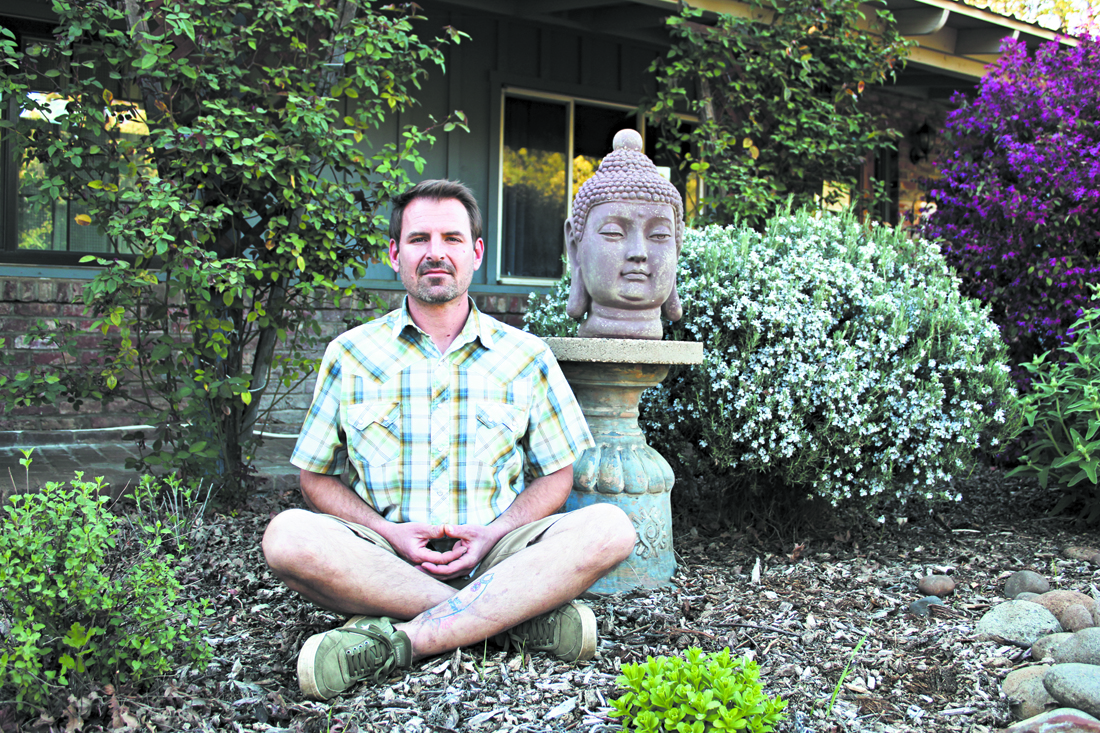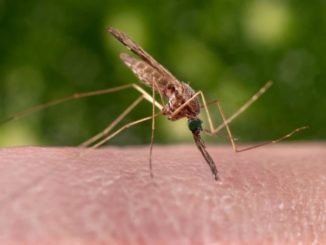
Last Friday morning (March 13), Silona Reyman was waiting for the phone to ring at her Chico home to hear about her son’s health. He’s a college professor in the Middle Eastern country of Qatar, Reyman explained, and was in quarantine there due to exposure to the deadly coronavirus COVID-19.
Over the weekend, Reyman learned her son tested negative, though would remain isolated for two weeks. As of press deadline, the virus had infected 185,000 and killed more than 7,500 people worldwide.
Reyman told the CN&R she has been worried—and, like so many people during this pandemic, her worries have been based in uncertainty, or fear of the unknown.
By now, many are well aware of the preventative measures to take to stay healthy and avoid transmission (see “How far is too far?,” Healthlines, March 12). But there are mental health impacts, too, which can breed a contagion of a different kind: a consuming fear that can evolve into anxiety and depression.
One clear example is hoarding supplies—including, oddly, toilet paper. In Butte County and elsewhere, shoppers have emptied store shelves of provisions, leading some retailers to ration cases of water, cleaning products, paper towels and, yes, bathroom tissue.
“This is what comes up for us out of no control over what’s going on, feeling helpless,” Reyman said.
As such, this is a time for people to develop and practice self-care methods that help them feel centered. Reyman finds a variety of approaches to be effective, from psychological to spiritual, including meditation. The latter has been especially helpful to Jake Davis, a Chicoan who began practicing Buddhism after surviving a near-death experience more than a decade ago.
“Life is crazy… it definitely helps to have some structure, to have some [calming] practice,” he said. “Just to have that reprieve from mental chaos and emotional chaos is so helpful.”
In her practice, Reyman suggests that her clients cultivate a list of activities that help them maintain emotional well-being. Examples include calling a friend, dancing or other forms of exercising, writing or journaling, listening to music, taking a bubble bath, and meditation or prayer.
People may need to get creative with their coping mechanisms, since activities may be limited or canceled due to the pandemic, she added. For example, if an exercise group’s meetings are postponed, people might want to explore finding a fun home-exercise routine.
There’s no single answer, Reyman said. She likes to journal, study religious texts and meditate/pray. Those worried about friends and family should reach out, check in on them and tell them they are loved.
While this pandemic is a reminder of the inevitability of death, Reyman said, it’s also a reminder for people to look at healthy ways to respect their bodies and lovingly connect with one another. For example, one of her daughters has called her frequently recently, asking about her health during the pandemic, and Reyman has been able to “cherish that nurturing.”
“It’s so easy, especially in the times we live in, to get knocked off-balance with the misery and the pain that’s all around us all the time,” she said. “It’s really imperative to keep the perspective, we’re doing what we can do … and we’re strong, we can cope with this.
“The key is to not escalate the anxiety and the panic. Like with my son,” she continued. “You don’t have to deny there’s cause for concern, but then take a deep breath and get your bearings and move forward.”
Davis has found this to be true. He began attending meditation classes 11 years ago at the Sky Creek Dharma Center in Chico after his brush with death. In 2008, he was driving a motorcycle 65 miles per hour in north Chico when he was hit head-on by a car.
He should have died, he told the CN&R. As he recovered, which included learning to walk again, it became clear to him that “every day from here on out is a gift.” He started going to meditation groups at the Dharma Center at the urging of a friend.
These two experiences dramatically changed his life. He went from always fretting about what he had to do next and which bills he had to pay, to being a person who, through regular meditation practice, has been more readily able tap into his innate sense of calmness and gratitude.
This isn’t just true for Davis: Studies have shown that because of neuroplasticity—the ability for the brain to change in response to experience—regular meditation or mindfulness practice can change the brain’s structure and function. Reyman added that this allows people to “much more easily tap into a calm state of being.”
So, as coronavirus cases—and worldwide panic—have escalated, and Davis has noticed fearful thoughts creeping up on him, his experience with mindfulness practice has helped him change his perspective. He has been able to recognize those thoughts as impermanent mental chatter, and that he’s taken the steps he needed to stay safe.
“We cause a lot of our own suffering through our thoughts. And it’s unnecessary,” he said. “Prudence keeps you safe: wash your hands … do all those things. But all fear does is kind of eat you up, and it’s not helpful for you or for anybody else.”
Reyman and Davis told the CN&R they are sympathetic to the emotional stress caused by life’s adversities—like every human being, they’ve endured personal tragedies and loss. Though self-care, no matter the method, may seem simplistic, Reyman added, those practices are powerful. They can ground people and prevent us from nursing fear or a sense of hopelessness and despair that can lead to anxiety and depression.
“It’s all part of the journey—even pandemics,” Davis added. “There’s beautiful things always all around [us] and we forget to look, we forget to notice. … I very intentionally look for the good in the world.”



